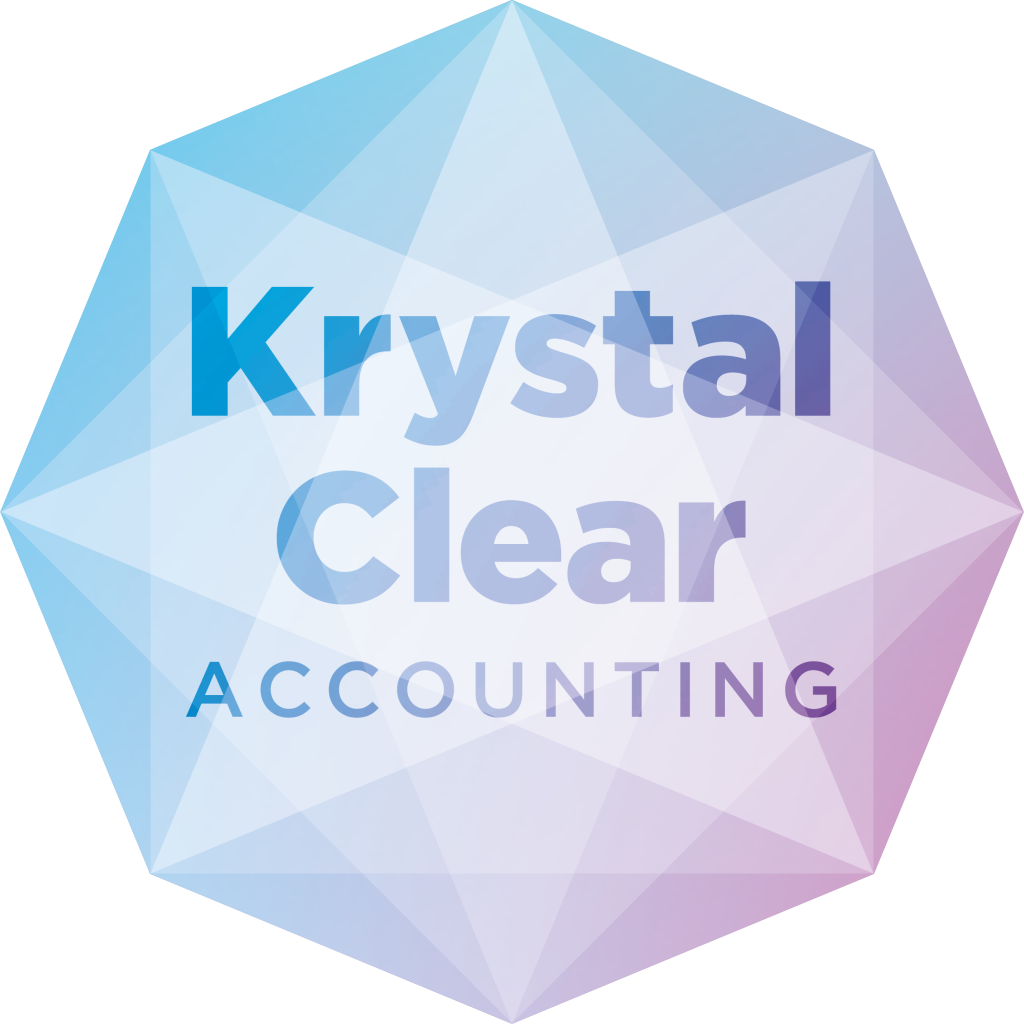Cashflow really matters. Cash is, for virtually every business owner, one of the most important things that they can have.
After all without cash…
Staff wages can’t be paid.
Suppliers can’t be paid.
Taxman can’t be paid.
Most importantly YOU can’t be paid.
If a business doesn’t have enough cash, it simply cannot survive.
For many business owners having enough cash at the end of the month is a constant challenge. One of the biggest challenges and sources of stress is making sure the customers’ pay your invoices on time.
Unsurprisingly the closer it gets to the end of the month the more stress levels rise. For many business owners, they need their customers to make a payment so that there’s enough cash to pay the bills.
One way to improve your cash position (and have a heathier bank balance) is to get your customers to pay your invoices on time every time rather than being late.
This article outlines 11 practical ideas that you can do to get paid quicker.
And the good news is that all 11 ideas are :-
- EASY to implement
- can be implemented STRAIGHTAWAY
- cost you NO (or very little) cash
Let’s get started.
1 Have a clear written process
Having clear processes in place throughout the business and which everyone follows maximises the chances of ‘things’ being done right first time and on time.
To maximise the likelihood of being paid on time every time by your customers it’s important to have a process for every element of the cash collection process. It needs to start with the taking of the sales order, finish with the customer paying the invoice and include everything in between.
The process must be written down and written in a way that makes it really easy for anyone to follow.
Doing this means everyone in the business must be crystal clear as to…
- who is responsible for doing what?
- how they’re going to do it
- when they do it by.
Not having clear written down processes means things don’t get done or don’t get done on time….and the consequence is that there is less cash in the business bank account and as a result your cashflow could suffer.
2 Your Payment Terms
To aid your cashflow and get paid on time your customers need to know the date when they have to pay your invoice. That means you must make it very clear to all your customers what your payment terms are. Those terms should be clearly stated on your quotes, proposals and invoices.
Remember the decision to offer credit to customers is yours.
What I often hear when I see payments terms of 30 days is ‘that’s the norm’.
That’s a myth – there is no ‘norm’.
You decide your payments terms.
Setting terms of ‘upon receipt of invoice’ or ‘7 days after the invoice date’ will mean you get paid quicker than if your terms are 30 days, 45 days or even 60 days after the invoice date. A lot of suppliers just pay after the terms anyway….so why would you want to string them out longer than you need to. After all, it helps your cashflow.
3 Stage Payments & Deposits
Cashflow can be massively improved by asking customers to make a payment BEFORE the goods are delivered and/or services are completed.
Here are a couple of ways to do this:-
Deposits: You get a cash deposit before work starts or materials are bought. This can really help businesses where the sales orders require a lot of work to be done or materials bought at the start. Deposits also reduce the chances of a customer cancelling….
Stage Payments: These, help cashflow a lot where sales orders take a long time to complete. Regular payments being taken as and when work is done.
Either way getting cash in before the job is done massively helps your cashflow AND reduces the risk of you not being paid the full amount.
4 Make it easy for a customer to pay
Making it easier for customers to pay eliminates a big reason for customers not paying your invoices on time.
Years ago, businesses had to wait for ages for a cheque to arrive in the post. Thankfully that’s no longer the case. The internet and digital banking have meant there are now several ways to be paid quickly by your customer.
Here are a couple of possibilities: –
Direct Debit Online providers such as GoCardless mean that you can set up a direct debit so that payment is automatically taken on the invoice due date. That means you get paid on time and you don’t need to spend time chasing for money.
Debit/Credit card There are several online providers (e.g. Stripe and Paypal) which allow customers to pay you via both debit card and credit card.
5 Agree everything up front
If ‘everything’ is agreed and documented with the customer, at the start, then there is less likely to be a problem later.
‘Everything’ includes :-
- the goods/service to be delivered
- the price
- the delivery or completion date
- the payment terms
As long as it’s in writing (whether it be on a sales order, email or quote) it means that if there’s ever a disagreement you have a document to refer back to.
Remember any problems or disagreements invariably mean there’s a delay in getting paid. This could impact your cashflow!
6 Make your customers happy
No one likes paying if they’re unhappy because part of the product or service either hasn’t been delivered or the standard isn’t what they expected.
By giving your customer the product or service that they ordered on time and without any quality issues means that you’ve just removed yet another possible reason for non-payment.
7 Get your sales invoice right
A common reason for non-payment is that something on your sales invoice is wrong.
- Product and/or service details (including quantity & price) must be what was agreed.
- Customer’s Purchase Order number must be shown if that’s important to them.
If an invoice isn’t right, then it is likely to get ‘stuck’ in your customer’s finance department.
At best. It will take much longer than it should to be processed and approved for payment.
At worst. Your invoice won’t be processed at all and will be left in the ‘query’ pile to be sorted later.
Either way, any invoicing error means you’re unlikely to be paid until it is corrected and as a result impact your cashflow.
8 Your accounting system can help
Many accounting systems can be set up in a way so that you get paid quicker.
Payment links : Some software (e.g. XERO and Quickbooks) allows links to certain payment options (including Stripe, Paypal, and Gocardless) to be shown on your invoice. That means all a customer needs to do to pay your invoice straightaway is to click the relevant link.
Statements : Sending statements out reminds customers each month what invoices are outstanding. Software can be set up to automatically to send out statements via email to your customers.
9 Know your customer
Your customer’s system
The bigger your customer the more important it is that you know AND fit in with their system for processing, authorising and then paying your invoice.
Some require a Purchase Order number to be quoted on your invoice.
Some only pay invoices on certain days in a month.
The critical thing is FIND OUT what their process is…
- Who do you need to send the invoice to?
- What needs to be on the invoice?
- Who will authorise the invoice?
- When do they need to receive the invoice by in order to be paid this month?
Once you know their system you can then raise your invoices in line with it.
That in turns means you’re making it as easy as possible for your invoice to be processed, authorised and paid on time. They’ll be aware of their cashflow and you should be yours!
Build relationships
Get to know the people who approve and pay your invoices. If they know you and like you then they’re much more likely to make sure your invoices are paid on time.
10 Don’t leave it to the due date
A common ‘trap’, many businesses fall into is to only chase payment of an invoice once it has become overdue.
In many cases the reason why it hasn’t been paid is because there’s a problem with it. The sooner you find out the more time you have to fix the problem and avoid a payment delay.
SO
It’s always worth contacting your customer’s finance department the week before they are due for payment.
This tactic is particularly helpful if you have any high value sales invoices.
The sole purpose is to make sure everything is ok with that invoice and that it will be included on the next payment run.
It also eliminates another common reason for non-payment which is ‘sorry we haven’t received your invoice’.
This early contact could be the difference between your invoices being paid on the due date…. or in 30 days’ time which is the date of the customer’s next payment run. Either way it will impact your cashflow.
11 Always follow up
Don’t assume that customers will do what they say because I’m afraid they quite often don’t. Everyone is busy. You might be on their ‘to do’ list today but, by tomorrow, things might have changed.
To avoid you falling down the ‘to do’ list and not being paid on time here are some tactics you can use…
Pick up the phone : It’s always best to phone (emails can be ignored) and speak to your customer’s finance department to find out when your invoices will be paid.
Always make a note & always follow up : Whenever a customer makes a promise to pay by a certain date make a note of it. You need to call the customer immediately if payment isn’t received by that date…and in that call you must refer to that promised date.
Prioritise : Always prioritise the order in which you contact your customers. For the biggest impact it’s always best to start contacting those customers who either owe you the most amount of money and/or those where your invoices are overdue.
11.5 Don’t be afraid to go legal
Legal action, in the main, is the last resort if a customer won’t pay for whatever reason.
Don’t be afraid to take legal action because, if it gets to this stage, your customer is unlikely to remain a customer for much longer.
When it comes to legal action you need to get specialist advice so that you can decide what is the best way forward. Legal action could result in court action being taken against your non-paying customer but often just the threat of legal action is enough for the customer to pay.
If you’d like to discuss any of the above or would like a chat to see how we can help drop us an email to wecare@krystal-clear.co.uk or call one of the team on 0161 410 0020.


